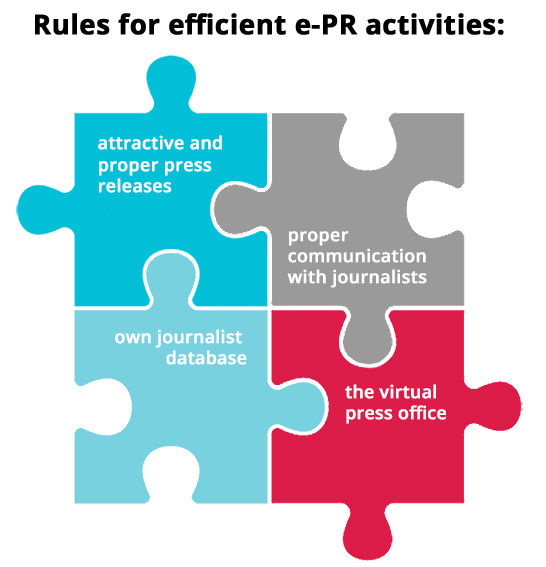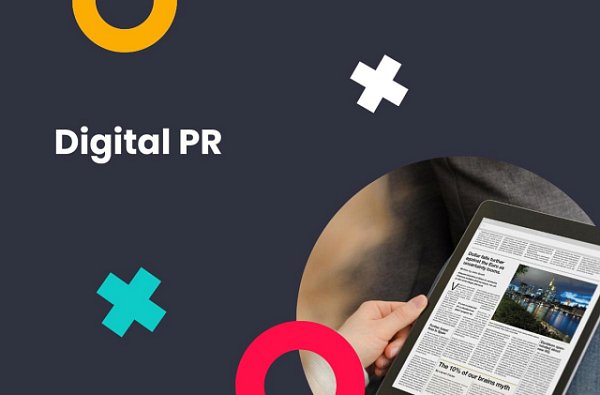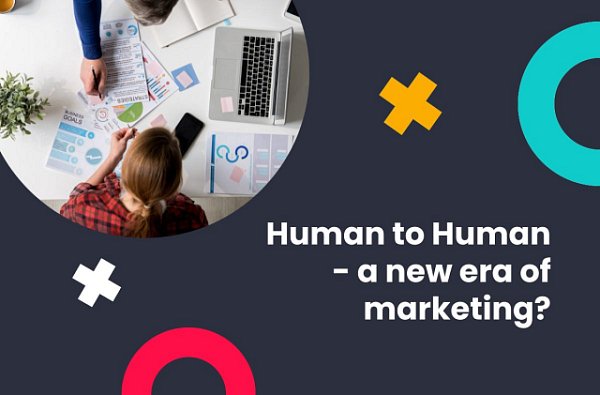Public Relations - safe and effective SEO
(5 min. read)
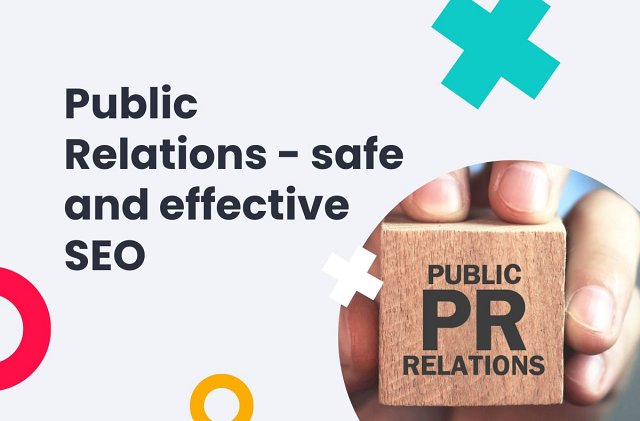
Table of Contents
- Public Relations – strong and safe links
- What are paid links? Google Webmaster
- First of all – good content marketing
- The cost of e-PR – is it for everyone?
- How to use PR to gain links?
Public Relations – strong and safe links
How do online public relations (e-PR) influence SEO? First and foremost, such activities allow you to gain strong, natural and (quite) safe links. Links in various publications are often free and the journalist or the head editor decides if the given information is worth publishing.
Google guidelines for webmasters are clear – buying links is forbidden. In the case of e-PR, we do not perform prohibited actions. Here is an explanation of a “paid link”
What are paid links? Google Webmaster
If e-PR activities result in dofollow links, you can presume they are pretty strong. Why is that? Well, the link is submitted in a normal editorial. Such an article has guaranteed internal linking and is promoted by the editor.
Of course, there are web services which publish everything they receive, but the strength of the publish links will be much lower. Online portals that do not create their own articles and do not pick their content carefully are not influential, quoted or linked. Their popularity is usually low.
First of all – good content marketing
You have to realise one thing – if the text you have sent to the journalist has poor quality, it won't be published in an influential media outlet just because it is unique. It does not work that way! Public relations require good content, which is attractive, unique, trendy and, last but not least, factually correct. And it is not evaluated by the standards of the company that sent it, but rated from the point of view of the target audience.
You have to make the journalist interested. Aside from proper communication techniques, the content and the way it is presented are the key to success.
Content marketing can help you with achieving it, especially if you use it sincerely and consciously. Implementation of a proper CM strategy will provide you with a number of valuable, expert, educational and inspiring articles. If they are shown to the journalist, he or she will gladly publish them. If they fulfil the aforementioned criteria, of course.
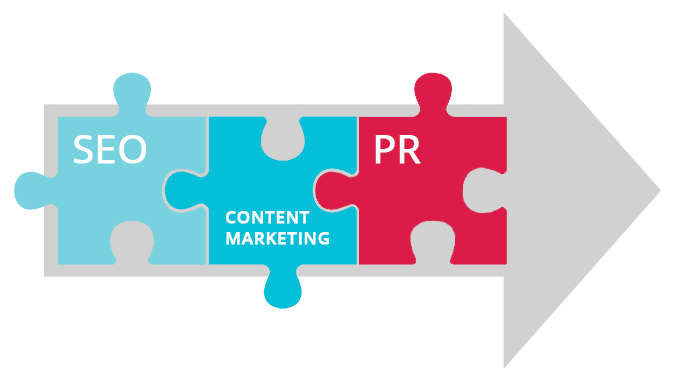
You can say that content marketing is often treated as a bridge between SEO and e-PR, especially when it comes to distribution and promotion of the expert pieces of writing.
The cost of e-PR – is it for everyone?
Although paying for article publishing is not always required, e-PR can be expensive. Most often the company begins the cooperation with a public relations agency or employs its own PR specialist. Some enterprises execute their e-PR strategies using expertise of the employees, who have different roles in the company.
There is no steady price list for public relations services. The activities vary and may include the creation of a complex PR strategy, crisis management, media relations, internal communication, in-company publishing, special event organisation, virtual press office management and others.
Such services are usually fulfilled in a form of a subscription or a timed contract – minimal cost starts at a couple hundred dollars (website updates and press office management), but the upper limit cannot be specified.
External PR agency is a convenient solution, but it may be too expensive for many companies. Employing a PR consultant or a spokesperson is also a pricey move. Thus, for many businesses, self-made PR is the only viable solution.
What skills do you need to create effective e-PR?
- You have to construct the press releases well – read more about rules of press release creation.
- You need to understand and use the rules of communication with journalists – read more about PR expert communication with journalists
- You should create your own journalist database – read about journalist database building
How to use PR to gain links?
No matter if you devise e-PR strategy yourself or employ the agency to do it, you should remember a couple of specific PR activities necessary for SEO:
1. Unique content
The majority of publishers issue information in a form you have delivered it in. This means that Google will index only one specific article. You don't have much choice – if you wish to gain links, you should restrict the number of publishers to the most valuable ones which deal with your niche and send them unique press releases, and expert articles. This will generate costs, but such tactic is well worth the money spent.
2. Clear publishing rules - link building
Publishing good content is beneficial for both sides. The editor gains high-quality content for free and you get a dofollow link. If this is your main goal, you should inform the publisher about it clearly. Do not presume that the editor will always give you a link included in the content sent to numerous media outlets. Link publication is usually discussed only when you send exclusive content to one editor.
3. The content requires a link
Many editors will delete links from the article and its footer. But if the link is an integral part of the content, it has a better chance to be left intact. Appropriate press release construction, with links to sources, examples and explanation will allow you to “smuggle” valuable links to your site.
4. Brand monitoring and asking for links - backlinks outreach
It is possible that information about your activities and content will be quoted and republished in various media without your input or knowledge. Internet monitoring will allow you to track such occurrences. You just simply have to send one kind e-mail to an editor, blogger or the author asking for publishing the link to your site – often you will be successful, especially if the given editor posted your content without indicating the source.

